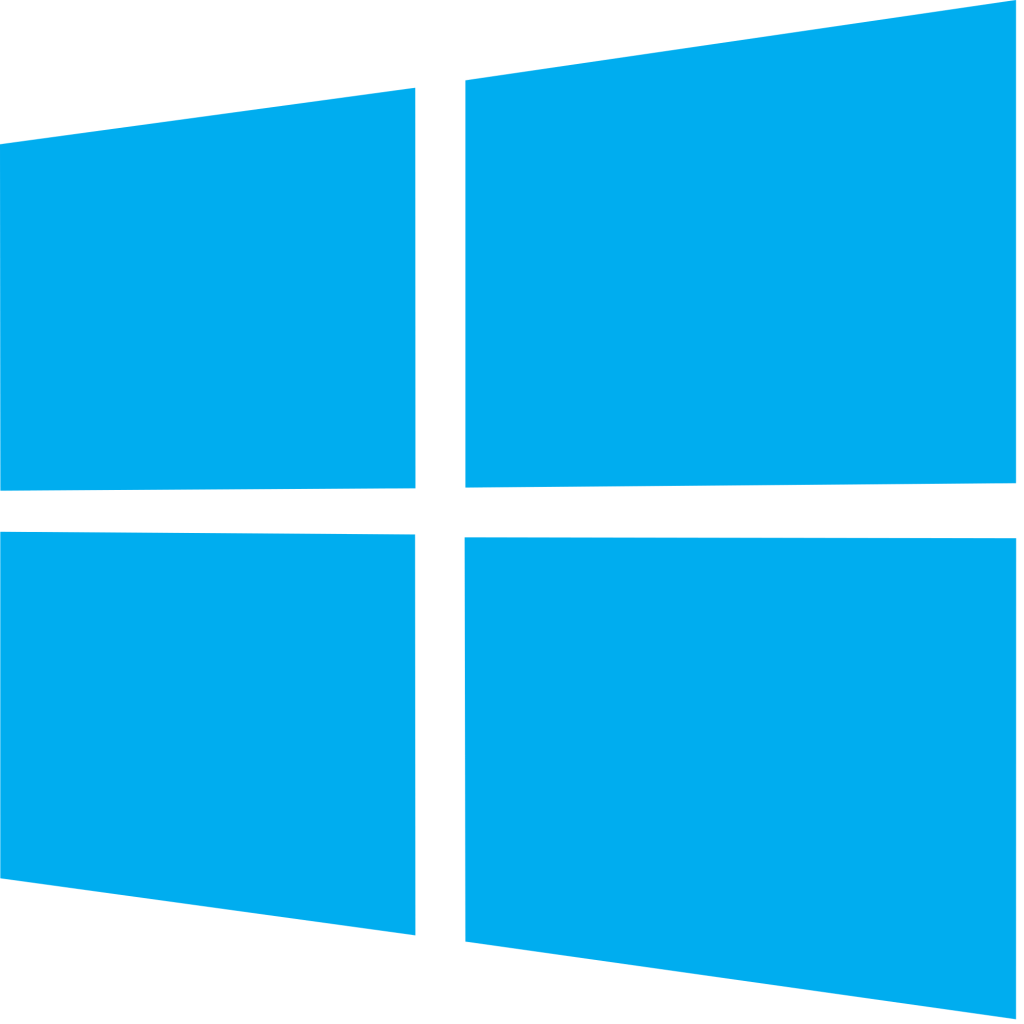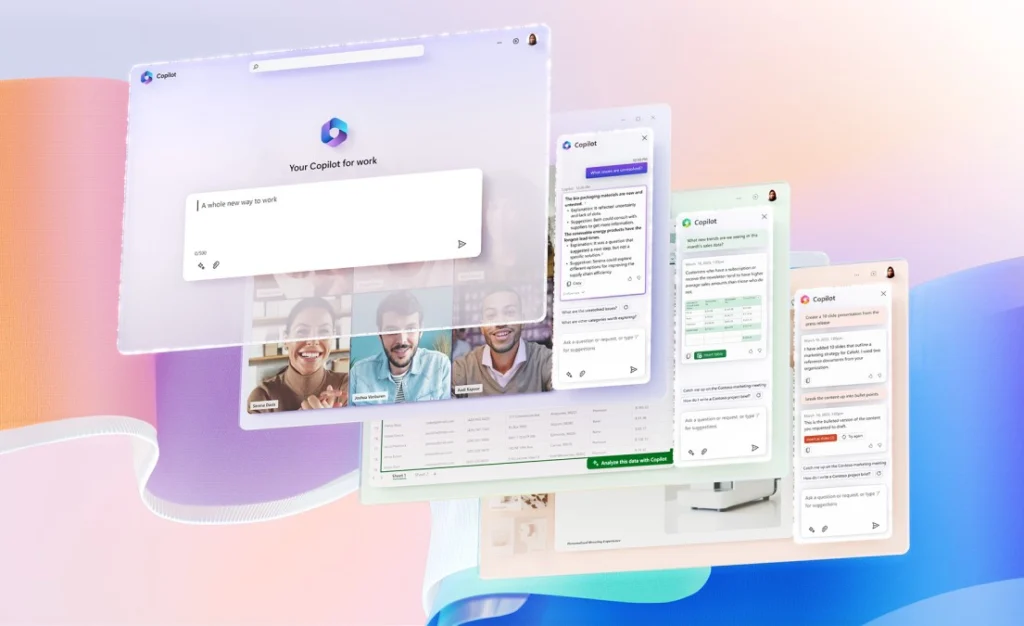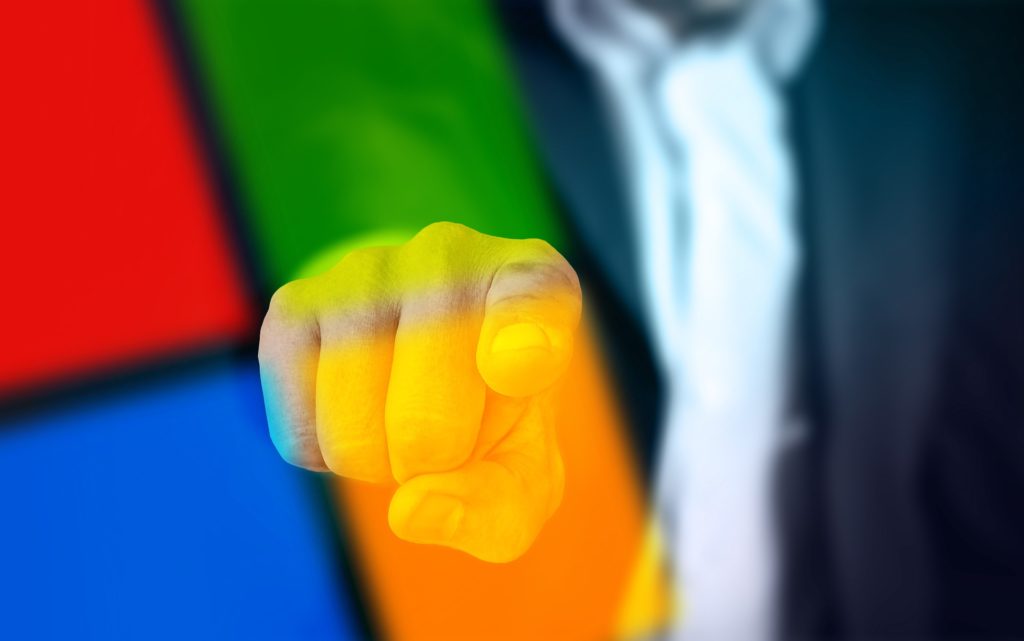The world is more and more connected with each passing day–and in most ways that’s a good thing. Just a few years ago you’d have to check the weather yourself, turn on the morning news to get some idea of what traffic is like for the morning and make a guess about how long it might take you to get where you’re going. Now your smartphone or PC can proactively let you know what time you need to leave in order to get to your appointment on time, the best route to take to avoid traffic snarls, and whether or not you’ll need an umbrella once you get there. As a bonus it can also let you know where the nearest Starbucks is to your destination.
Or not. All of that convenience and proactive information is a function of how much you’re willing to share with your technology of choice–including Windows 10. To get the most value out of Windows 10 you have to be willing to surrender a little privacy–at least between you and Microsoft–so Windows 10 can help make your life easier.
I wrote about the benefits of trusting Microsoft and Windows 10:
Windows 10 has been officially available for a few weeks now and millions of users around the world have downloaded and installed the latest flagship operating system from Microsoft. The reception so far has been generally favorable, but the power of Windows 10 and the real value of the user experience lie in how intimate you’re willing to be with Microsoft and Windows 10.
Your user account in Windows 10 can either be a Microsoft Account or simply a local account that only exists on the PC you create it on. The local account is what most people—particularly consumers—are used to with the Windows operating system. Windows 10, however, is engineered by default to integrate various apps and features with cloud-based services and data storage and sync that information across PCs and devices through the Microsoft Account.
A couple years ago when I set up a new PC it was a much more arduous process. Installing the operating system was just the first step of a very long process to customize and configure the PC the way I like it. Microsoft offers tools that would help like the Windows Easy Transfer utility that would transfer unique user profile settings and information from one PC to another. There were a number of hurdles involved with transferring a user profile with the Windows Easy Transfer tool and then I’d still have to backup and restore other data that wasn’t addressed by the Microsoft utility if I wanted it on the new PC too.
With Windows 10 synced to a Microsoft Account that is a very different process. As soon as I log in to the new Windows 10 PC with my Microsoft Account the unique configuration settings and user profile information are automatically applied. Because I store my data in the cloud—using a combination of Microsoft OneDrive and Box—there is no need to transfer data either. It’s just there. Logging into Windows 10 with a Microsoft Account also makes any apps I’ve installed from the Windows Store available, but I do still have to install traditional desktop applications. Microsoft Office is the main software I rely on, though, and I also have an Office 365 account so downloading and installing the latest version of Microsoft Office takes just a few minutes.
I promise you that moving to a new PC using a Microsoft Account is a much simpler and smoother experience.
The benefits of the Microsoft Account and trusting Windows 10 with your personal information don’t end at installing and setting up the PC, though. In fact, that’s barely the beginning. For example, Windows 10 also includes Cortana—a voice-interactive virtual assistant—that only works if you’re logged into Windows 10 with a Microsoft Account.
Read the full story on Forbes: The Benefits Of Trusting Windows 10 And Microsoft.
- Post-Quantum Cryptography: Preparing for the Next Era of Cybersecurity - January 2, 2025
- Navigating the Future of Secure Code Signing and Cryptography - December 20, 2024
- The Rise of Agentic AI: How Hyper-Automation is Reshaping Cybersecurity and the Workforce - December 20, 2024




Microsoft and windows are the most usable platform for the users and there are some Microsoft features which only access on the window platform so Microsoft and windows both are good for each other which user can take the best advantages.